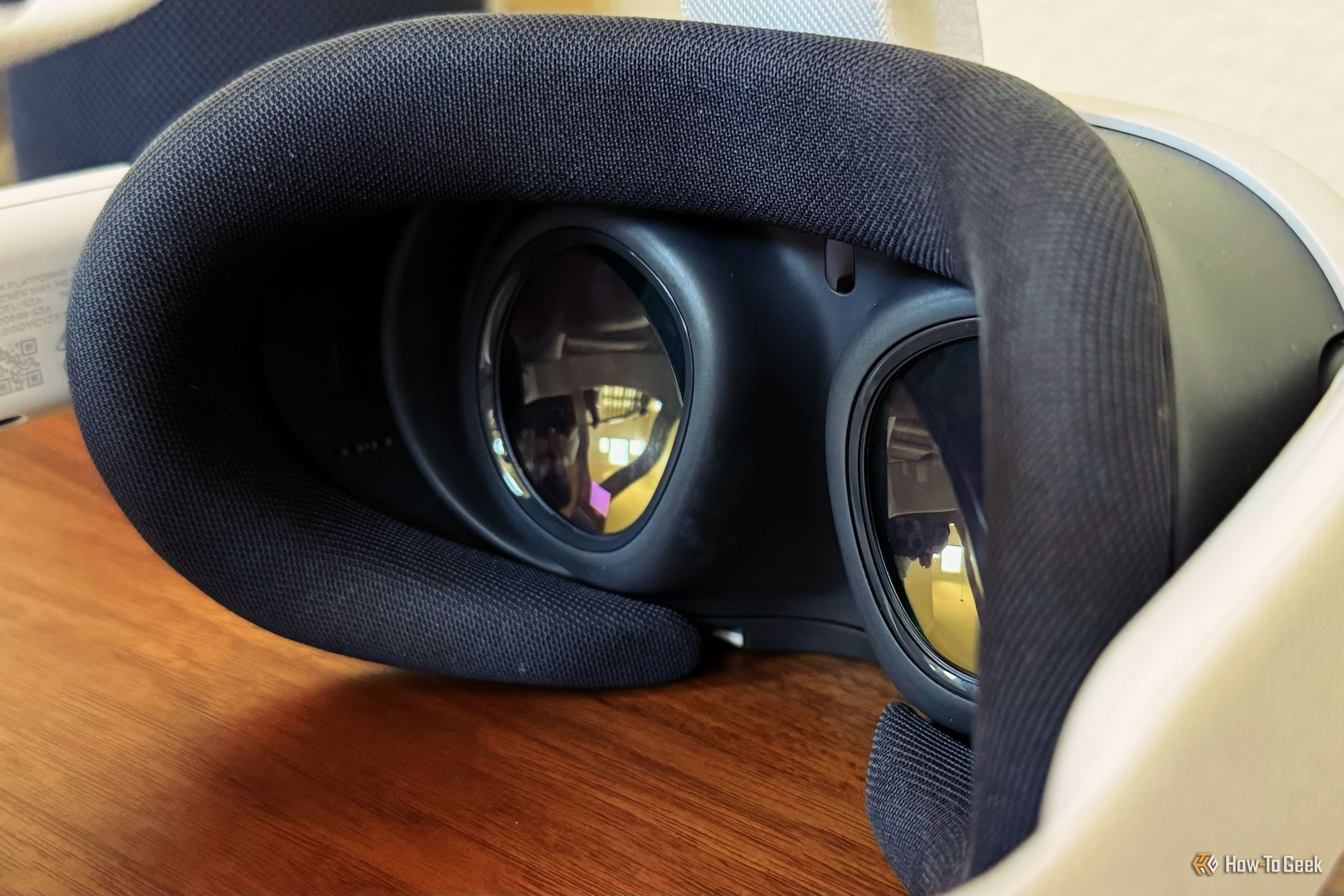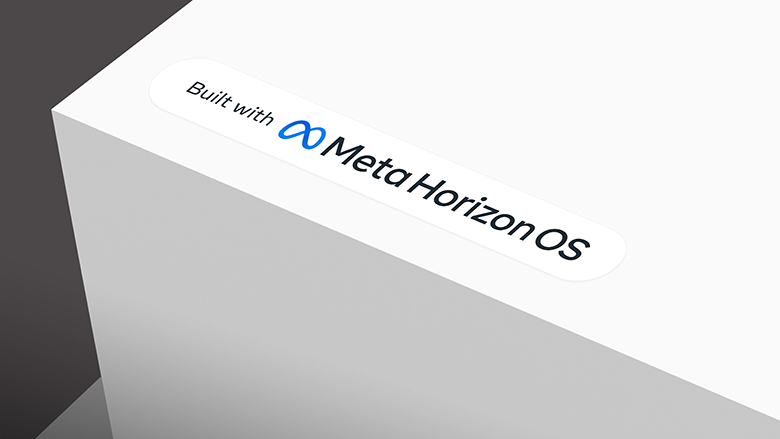
How ASUS & Lenovo Are Joining Forces with Meta to Create Cutting-Edge VR Devices Powered by Horizon OS

How ASUS & Lenovo Are Joining Forces with Meta to Create Cutting-Edge VR Devices Powered by Horizon OS
Meta’s Quest headsets are the most popular hardware for virtual reality and augmented reality. Now, Meta will allow other companies to build headsets that use the same software, and Lenovo and ASUS are already on board.
Meta, the company that owns Facebook, Instagram, and WhatsApp, announced a new hardware ecosystem based on the company’s Quest headsets. The operating system that powers the Quest 2 and Quest 3 is now called “Meta Horizon OS,” and it will be licensed to other device manufacturers. That means other companies can build headsets for VR and AR with a similar software experience and app library as Meta’s own Quest headsets.
The blog post explains, “Meta Horizon OS is the result of a decade of work by Meta to build a next-generation computing platform. To pioneer standalone headsets, we developed technologies like inside-out tracking, and for more natural interaction systems and social presence, we developed eye, face, hand, and body tracking. For mixed reality, we built a full stack of technologies for blending the digital and physical worlds, including high-resolution Passthrough, Scene Understanding, and Spatial Anchors.”

Meta
Meta says ASUS is working on “an all-new performance gaming headset” using the new platform, and Lenovo will “develop mixed reality devices for productivity, learning, and entertainment. ASUS and Lenovo both created Windows Mixed Reality headsets when that platform was new, and Lenovo helped design the Oculus Rift S in 2019. Meta also confirmed that it will sell a “limited-edition” Meta Quest with an Xbox-inspired design.
Samsung, Google, and Qualcomm are still working on a new mixed reality platform, with Google and Samsung testing headsets using Qualcomm’s latest XR2+ Gen 2 chipset . Presumably, that platform will also be open and available on third-party hardware, just like Meta Horizon OS. It remains to be seen which platform will gain enough traction, especially with the Apple Vision Pro also in the mix. Headsets with Meta Horizon OS will have the same Meta Quest Store and social features as the existing Meta headsets, though it’s not clear if all the same games will be available.
The new shared platform sounds like a win for everyone: more companies can build VR headsets, game and app developers get access to a wider audience, and consumers get more choice in hardware. However, it remains to be seen if third-party headsets will have a significant advantage over Meta’s existing Quest headsets. Will Lenovo or ASUS build a budget headset cheaper than the $199 Quest 2 ? Will they try to build a more premium device with better lenses and unique software features? We don’t know yet.
Meta is also hoping the announcement will “encourage the Google Play 2D app store to come to Meta Horizon OS,” which would potentially allow the Quest and other Horizon OS headsets to compete more directly with the Apple Vision Pro. Meta CTO Andrew Bosworth said a few months ago that Google turned down a request to bring the Play Store to Quest headsets.
Source: Meta Blog
Also read:
- [Updated] In 2024, Video to Photo Windows 11 Methodology
- [Updated] The Metaverse's Funny Bone Generating Hitsome Online Jokes
- [Updated] Ultimate VivoCut Guide for Enhanced Video Creation
- 2024 Approved Filmography's Finest Shots The Best Camera & Lighting Tips
- 2024 Approved Influencing Your Drone's Performance Choosing Right Propellers
- 8 Solutions to Fix Find My Friends Location Not Available On Oppo A2 | Dr.fone
- HP Secure Erase: Effektives Festplattenformatieren Mit Zwei Techniken Für Optimale Sicherheit
- In 2024, How to Send and Fake Live Location on Facebook Messenger Of your Nokia C12 Pro | Dr.fone
- Meta Quest 3 Outpaces Apple Vision Pro with Advanced AI Capabilities - Activate Now | ZDNET
- Simple and Effective Ways to Change Your Country on YouTube App Of your Realme Narzo N53 | Dr.fone
- The Best Methods to Unlock the iPhone Locked to Owner for iPhone XS
- Unveiling Leading-Edge VR Developers
- Title: How ASUS & Lenovo Are Joining Forces with Meta to Create Cutting-Edge VR Devices Powered by Horizon OS
- Author: Edward
- Created at : 2025-01-20 23:11:01
- Updated at : 2025-01-23 22:12:25
- Link: https://vp-tips.techidaily.com/how-asus-and-lenovo-are-joining-forces-with-meta-to-create-cutting-edge-vr-devices-powered-by-horizon-os/
- License: This work is licensed under CC BY-NC-SA 4.0.